South Bend, Ind., Mayor Pete Buttigieg has built a fundraising machine. Massachusetts Sen. Elizabeth Warren has momentum with the grassroots. Former Vice President Joe Biden and Vermont Sen. Bernie Sanders are holding steady, and California Sen. Kamala Harris is lagging behind the rest of the top tier.
That’s what we know so far from the second quarter of 2020 fundraising.
Although the historically large field of Democratic presidential candidates has until July 15 to file the results of their last three months’ worth of fundraising with the Federal Election Commission, the top contenders have already volunteered some top-line numbers.
The results are interesting because they show the breadth and depth of support that the candidates have as well as the success of their fundraising strategies. Warren, who has eschewed fundraisers with major donors in order to focus on grassroots donations, has done particularly well, outpacing even Sanders’ vaunted army of small donors.
The fundraising is also crucial for candidates farther down the pack, who need it to maintain staff through next year’s primaries and caucuses. They’re also important because super PACs aren’t a major factor in this primary, which means candidates will need to raise their own money to survive.
The Democratic National Committee has decided that to secure a spot on stage at the July 30-31 debates in Detroit, candidates must poll at either 1% or higher in a minimum of three approved polls or receive at least 65,000 unique donations to their campaigns and a minimum of 200 unique donors, per state, in at least 20 states. But there’s no dollar amount on those donations, so a candidate could still qualify without raising much money.
Data for the first quarter is not available for all candidates as some announced their candidacy late into or after the first quarter began, including Montana Gov. Steve Bullock, New York City Mayor Bill de Blasio, Ohio Rep. Tim Ryan, Massachusetts Rep. Seth Moulton, former Pennsylvania Rep. Joe Sestak, former Massachusetts Gov. Bill Weld, former Alaska Sen. Mike Gravel.
Other candidates, including former Texas Rep. Beto O’Rourke, New York Sen. Kirsten Gillibrand, New Jersey Sen. Cory Booker and Minnesota Sen. Amy Klobuchar, have not yet revealed their top-line numbers.
Here’s a look at what we’ve learned so far, in order of money raised in the second quarter.
Pete Buttigieg built an impressive fundraising machine
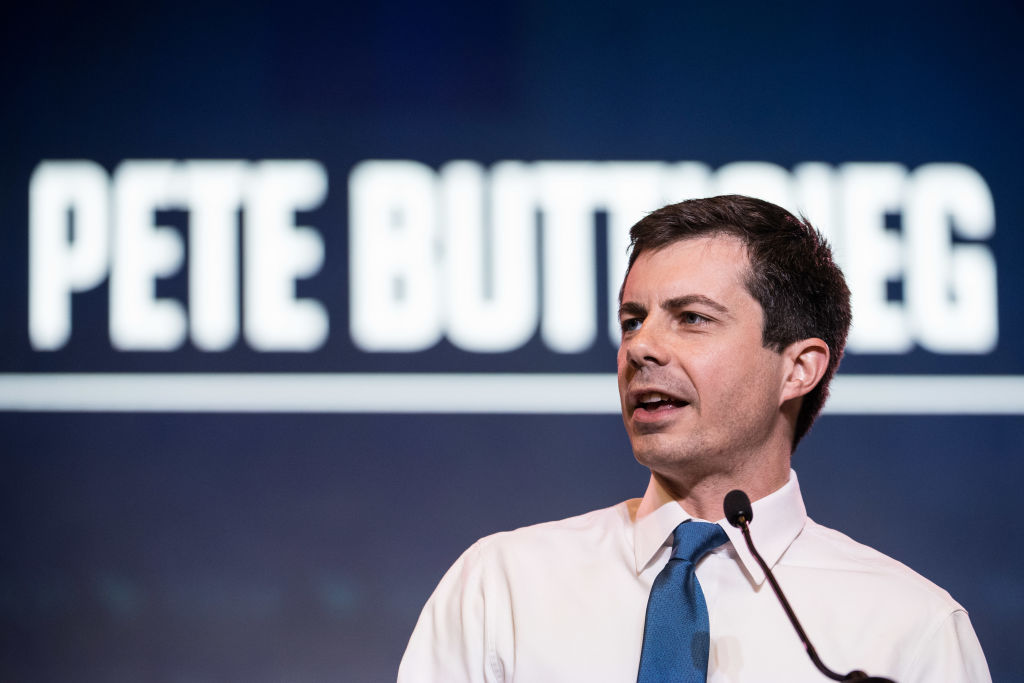
How much did he raise? $24.8 million
What did that reveal? As a mayor in Indiana, Buttigieg did not start with the national network of big donors that some of his competitors had, but he quickly built a fundraising machine with Democratic bundlers who worked with Barack Obama and Hillary Clinton, targeting both big-money donors and grassroots supporters. Along with Biden and California Sen. Kamala Harris, he has support among top financiers, according to a CNBC analysis.
What did the campaign say? “This fundraising report shows that Pete’s message is resonating with Americans, and it’s proof that we are building an organization that can compete,” campaign manager Mick Schmuhl told supporters in an email.
Joe Biden quickly raised a lot of money
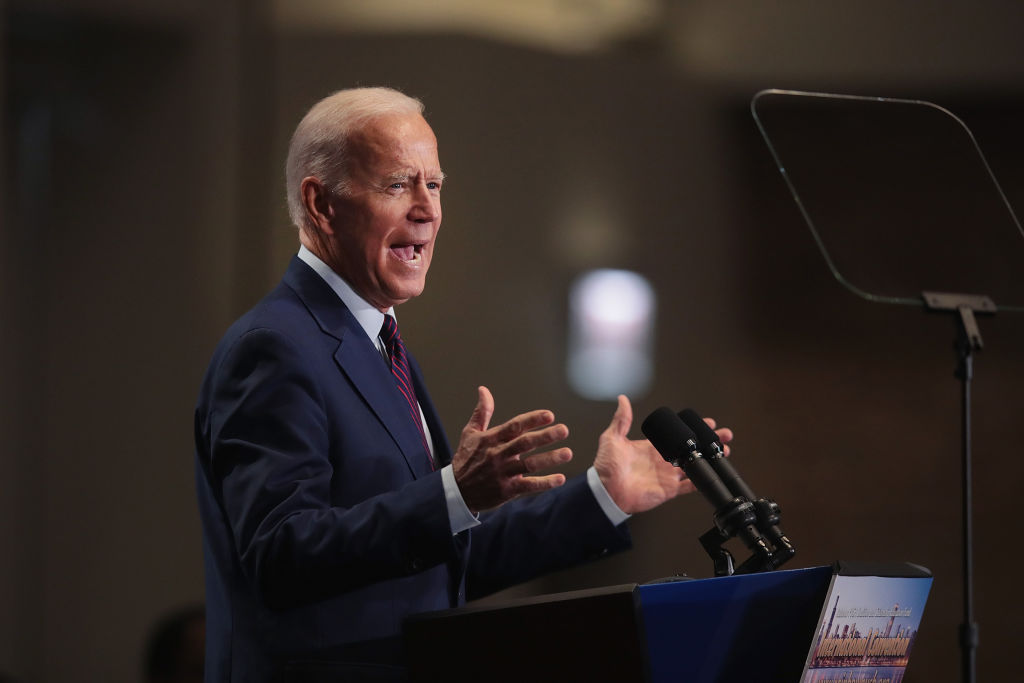
How much did he raise? $21.5 million
What did that reveal? The frontrunner in the polls, Biden did well in fundraising as well, bringing all of his money in just 66 days since he formally announced his candidacy, as opposed to the three full months some other candidates had in the quarter.
What did the campaign say? “After just two months in this race, we have seen Americans in every corner of the country chip in to join this battle for the soul of our nation,” campaign manager Greg Schultz told CNBC.
Elizabeth Warren has momentum among grassroots donors
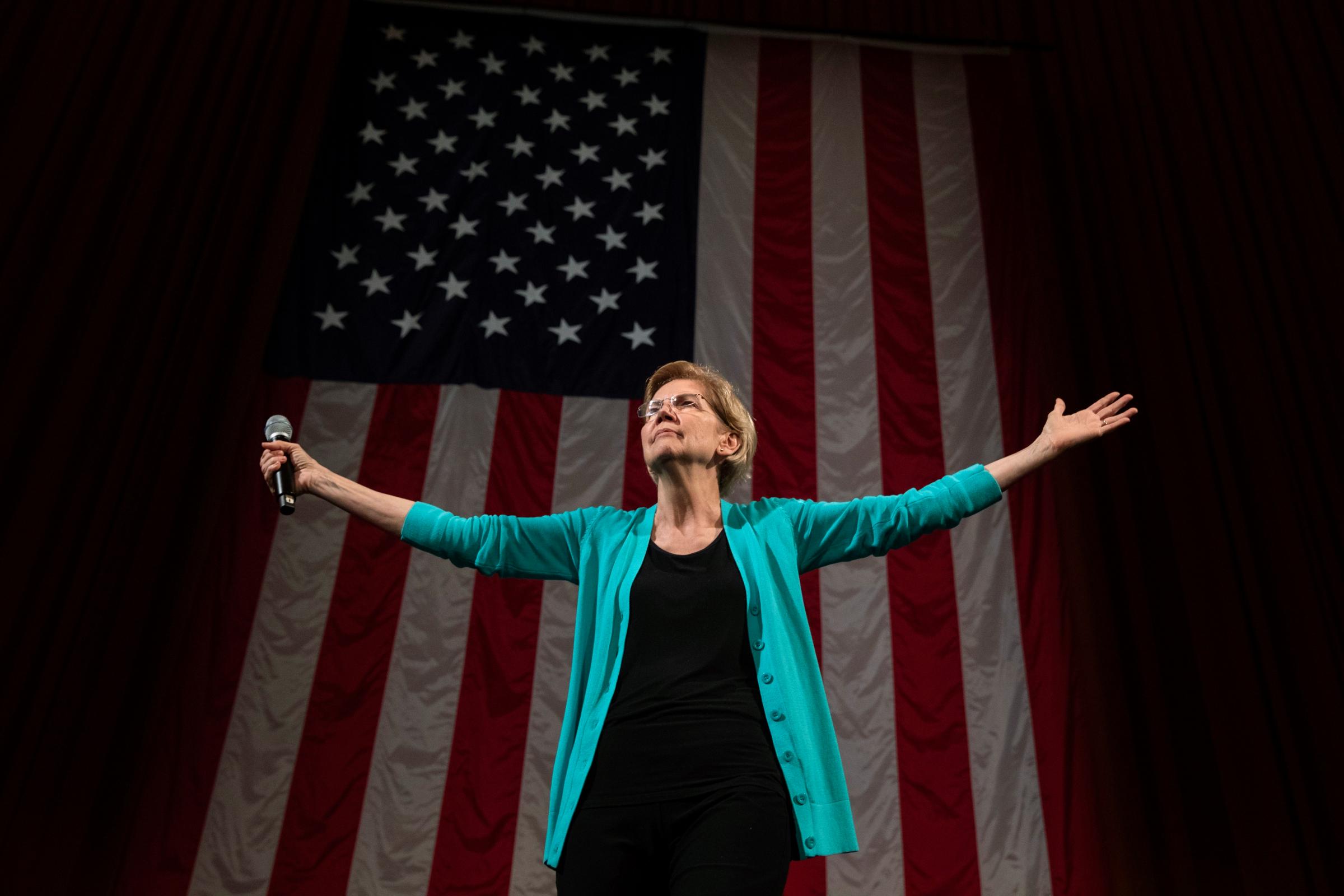
How much did she raise? $19.1 million
What did that reveal? Warren took a big risk in February when she swore off high-dollar fundraisers — only Sanders has made a similar pledge, and he already had a small-donor base, and Warren’s finance director quit over the decision. Instead, Warren has spent her time on grassroots events, surprising individual small donors with phone calls and taking selfies with supporters on the campaign trail. The strategy paid off in the second quarter, as Warren tripled the amount she raised in the first quarter.
What did the campaign say? “You’re making it possible to build a presidential campaign without catering to wealthy donors,” campaign manager Roger Lau told supporters in an email.
Bernie Sanders’ grassroots supporters remain loyal
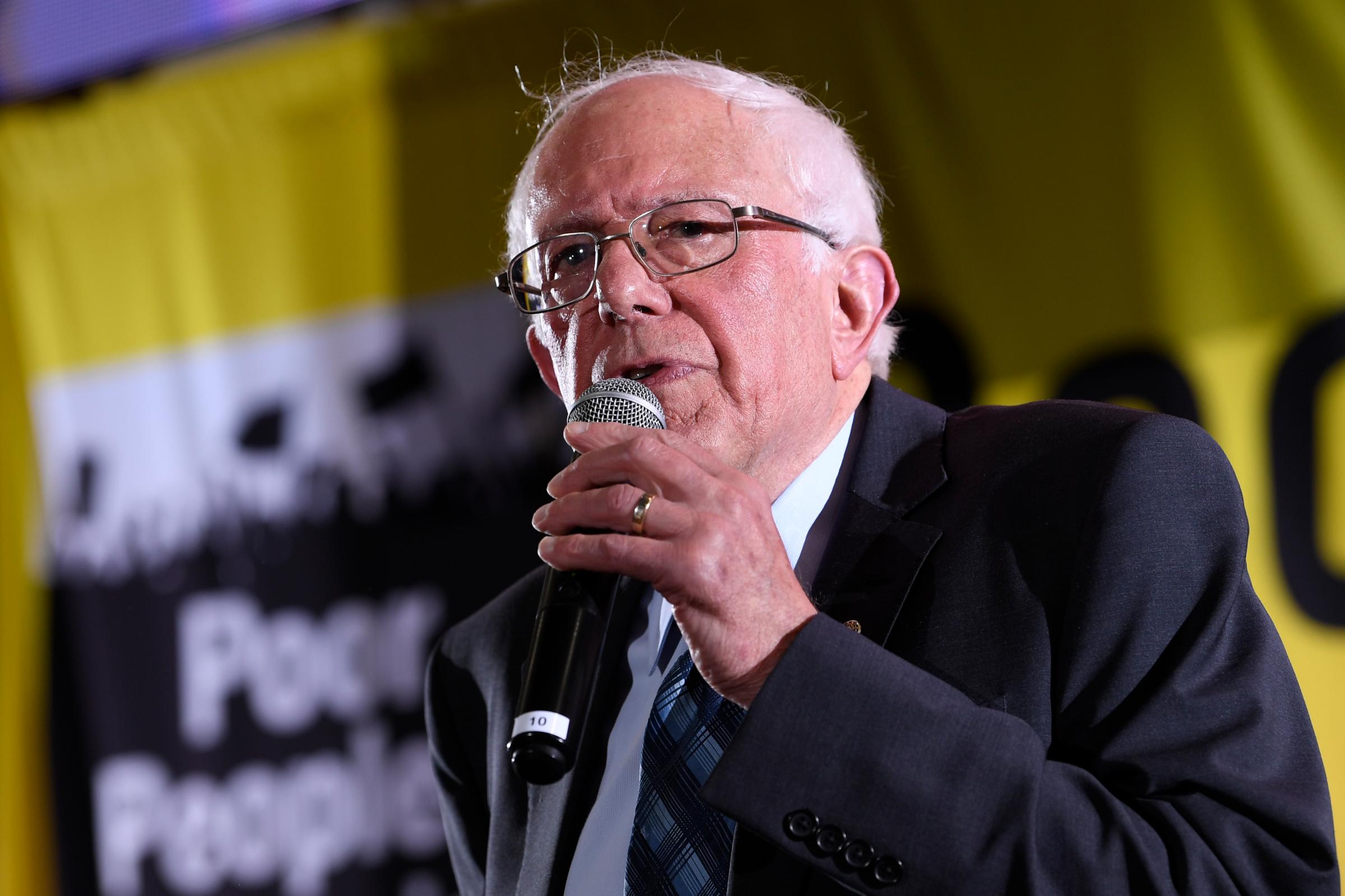
How much did he raise: $18 million
What did that reveal? Sanders kept pace with his first-quarter fundraising, a sign that his formidable grassroots army from 2016 remains loyal. But there are questions about whether he can expand that base, and he was outraised by Buttigieg. His campaign argued that was because Sanders is relying on small donors instead of bundlers and big fundraisers.
What did the campaign say: “Bernie Sanders does not go into closed-door, high-dollar fundraisers and solicit money from corporate executives at their homes,” campaign manager Faiz Shakir told CBS News.
Kamala Harris did well after the debate, but still lags behind the top tier
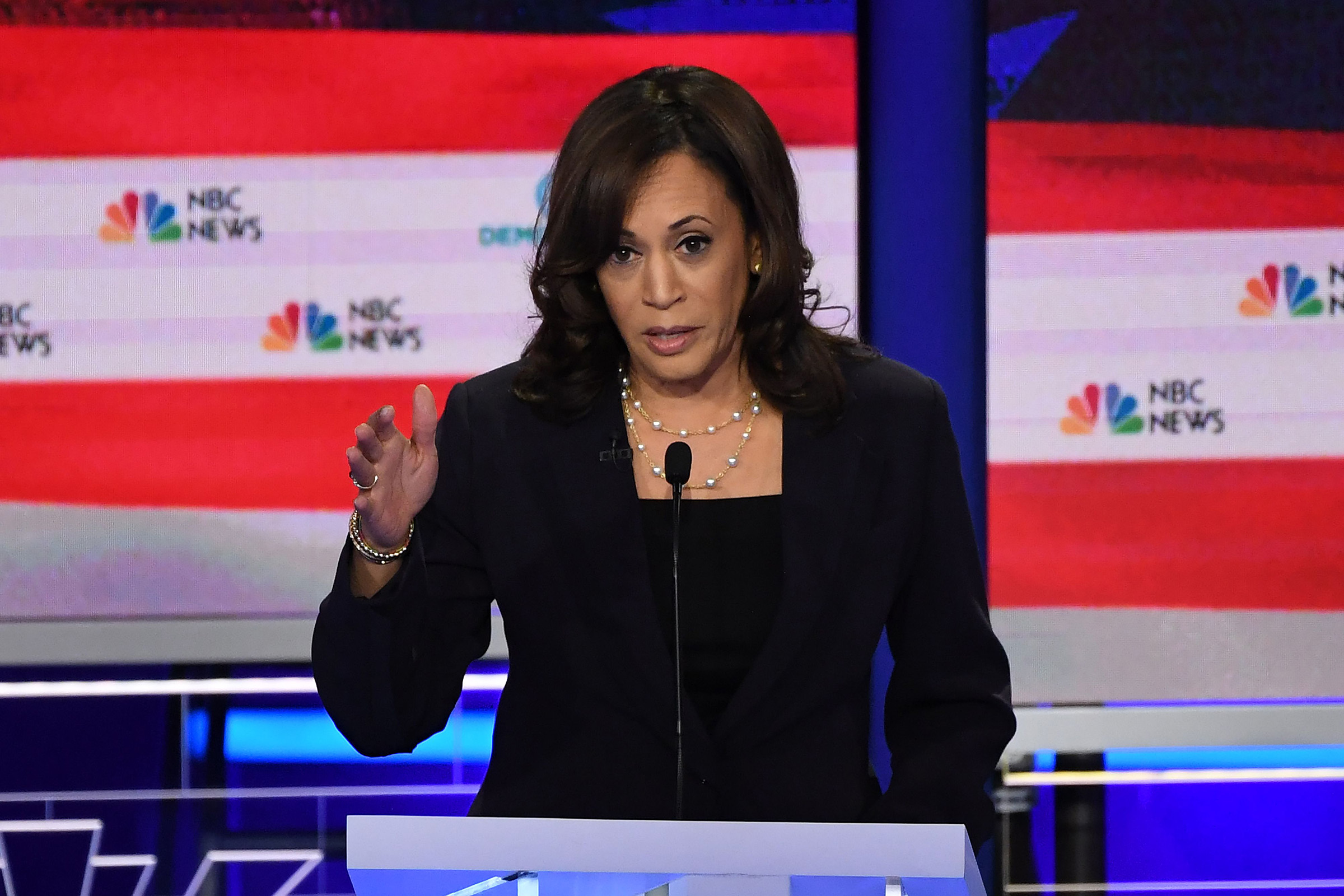
How much did she raise? $12 million
What did that reveal? Harris did well after taking on Biden at the first Democratic debate, raising more than $2 million online in the 24 hours afterward. But her second quarter totals still lagged behind other top-polling candidates, although she’s doing much better than those farther down in the polls. Like Buttigieg, she is also courting big donors through traditional fundraisers.
What did the campaign say? “As it has been from the beginning, this campaign is powered by the people,” campaign manager Juan Rodriguez told the New York Times. “These resources will help expand Kamala’s growing strength in this primary.”
Kirsten Gillibrand
New York Sen. Kirsten Gillibrand alongside her campaign committee raised $5.3 million over the course of the first quarter, racking up another $9.6 million from authorized committees. In the second quarter, the Gillibrand committee raised $2.3 million.
Beto O’Rourke
The campaign committee of Former Texas Rep. Beto O’Rourke started off strong with raising $9.4 million in just two weeks. In the second quarter, O’Rourke had raised $3.6 million.
Amy Klobuchar
Minnesota Sen. Amy Klobuchar’s announced her bid for presidency on February 10 and fundraised $5.2 million during the first seven weeks of her campaign, with an additional $3.6 million transferred from other committees. For the second quarter, Klobuchar raised $3.9 million.
Cory Booker
The campaign committee of New Jersey Sen. Cory Booker fundraised $5.1 million during the first three months taking in another $2.7 million from an authorized committee transfer. For the second quarter, the Booker campaign received $4.5 million in contributions.
Tulsi Gabbard
Hawaii Rep. Tulsi Gabbard’s Campaign committee garnered $2 million during the first three months of fundraising accompanied by another $2.5 million transferred from other authorized committees. For the second quarter, Gabbard raised $1.6 million.
John Hickenlooper
Former Colorado Gov. John Hickenlooper and his committee raised $2 million towards the campaign during the first quarter. In the second quarter, Hickenlooper’s campaign raised $1.1 million.
Andrew Yang
California Entrepreneur Andrew Yang’s committee raised $2.4 million for his presidential bid in the first quarter of the year. Yang’s campaign raised an additional $2.8 million in the second quarter.
Jay Inslee
Washington Gov. Jay Inslee hauled $2.3 million during his first quarter fundraising. In the second quarter, Inslee raised an additional $3.1 million.
Julian Castro
Former Housing and Urban Development Secretary Julian Castro fundraised $1.3 million towards his campaign during the first three months. Castro’s campaign raised an additional $2.8 million in the second quarter.
Michael Bennet
Colorado Sen. Michael Bennet, who announced his candidacy in early May, did not file a first-quarter fundraising report. Bennet’s campaign raised $2.8 million, with an additional $700,000 transferred from other committees, during the second quarter.
Tom Steyer
Billionaire investor Tom Steyer is the latest candidate to announce their campaign presidency, making it official on July 9, just missing the deadline to file second quarter figures.
More Must-Reads from TIME
- How Donald Trump Won
- The Best Inventions of 2024
- Why Sleep Is the Key to Living Longer
- How to Break 8 Toxic Communication Habits
- Nicola Coughlan Bet on Herself—And Won
- What It’s Like to Have Long COVID As a Kid
- 22 Essential Works of Indigenous Cinema
- Meet TIME's Newest Class of Next Generation Leaders
Write to Nadia Suleman at nadia.suleman@time.com
